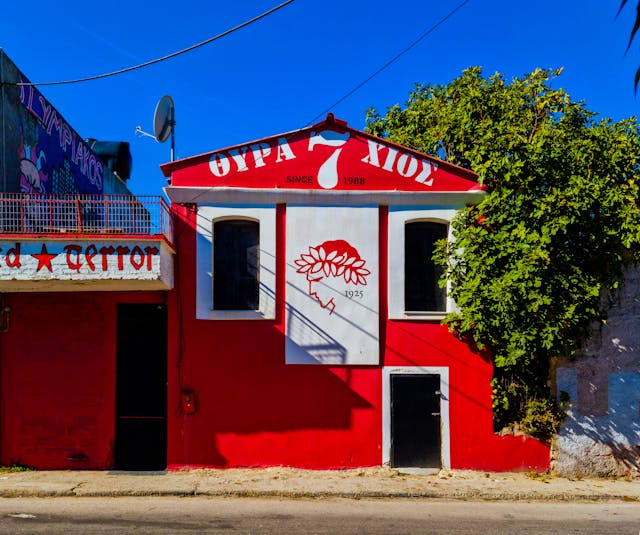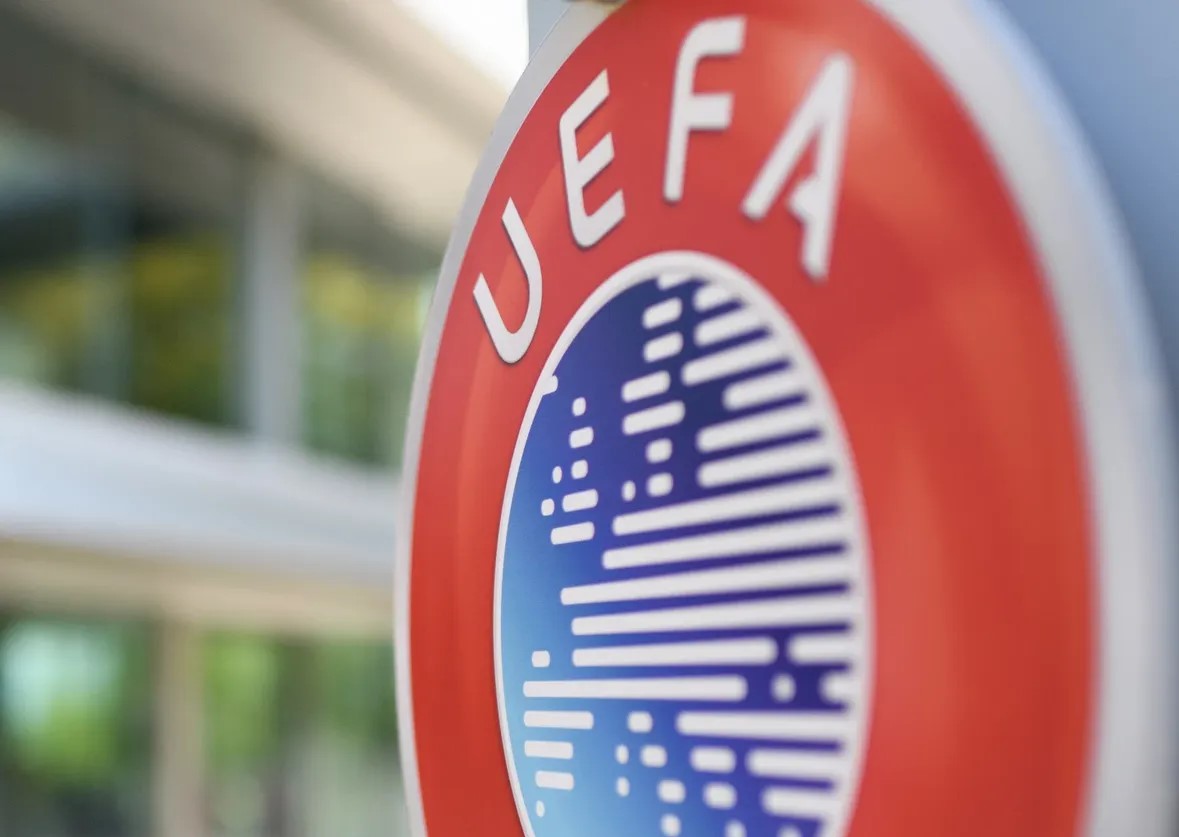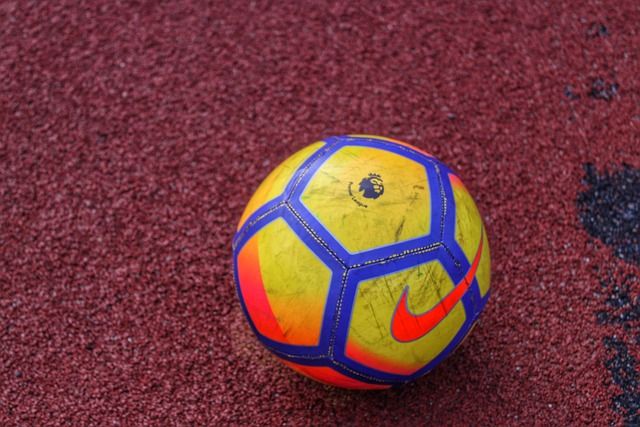Matilda's forward Mary Fowler has alleged she was subjected to racist treatment during her time with Montpellier, recounting in her new memoir Bloom that she and a teammate were handed bananas while other departing players received flowers.
Fowler, who joined the French side as a highly rated 17-year-old in 2020, describes a farewell ceremony in 2022 that left her and fellow international Ashleigh Weerden stunned. According to her account, players who were leaving at the end of their contracts were recognised on the pitch with bouquets, except for the pair.
“Afterwards, when we got inside the changing room, some of our teammates questioned why we hadn’t received any flowers. We shrugged our shoulders, just as clueless as they were. A few of the girls laughed about it and then one of the other players came over and handed my friend and me some bananas, saying, ‘Here, have these.’ That was the cherry on top,” she said.
Fowler writes that the moment has stayed with her, describing the uneasy feeling it sparked.
Mary Fowler has claimed @thepfa Young Women’s Footballer of the Year for a record-breaking third time! 🏆🏆🏆👑
— CommBank Matildas (@TheMatildas) October 28, 2025
Congratulations, Mary!
📰 Read More: https://t.co/U1e5Vt8MCd#Matildas pic.twitter.com/GB2fmF4VM6
In the book, Fowler says the episode was emblematic of a difficult period in France, one in which she struggled emotionally and questioned her future in football. Her relationship with Montpellier staff also deteriorated, she writes, after she reported chest pain following a Matildas camp.
A physio informed her that coaches believed she was exaggerating symptoms to avoid appearing in the next match. “I couldn’t believe what I was hearing. Frustrated, I told him I wasn’t making it up, that I’d never make up something that could be related to my heart,” she wrote, adding that the physio told her the doubts came from other staff, not him.
She ultimately sat out the match and later received tests that ruled out a heart condition, an outcome she says brought relief: “I’m very grateful that it’s not something that ended my career.”
Fowler also writes candidly about her mental health, describing periods of depression and self-harm during her time in France, as well as difficulties reconciling her identity as a young athlete.
Say something nice about your teammate 🥹 pic.twitter.com/pZu4r2ZcZj
— Manchester City Women (@ManCityWomen) November 19, 2025
Her chapter on mental health was the most challenging to write, she says. “Depression doesn’t discriminate,” she wrote.
The book also explores her insecurities surrounding her natural hair, particularly during the 2023 World Cup. “I couldn’t help but wonder if, as a black woman, I was unintentionally sending a message to young black girls that I wasn’t comfortable with my natural hair,” she wrote.
Matilda's coach Joe Montemurro has publicly supported her decision to discuss such issues, calling her honesty “amazing” and saying, “We need to applaud the fact that she’s been able to face those issues … it’s so courageous to talk about these things.”
Fowler, who is currently recovering from an ACL injury suffered in April, hopes to return for the Asian Cup on home soil next year.
Featured Image Credit: Pixabay / jorono
.png)








